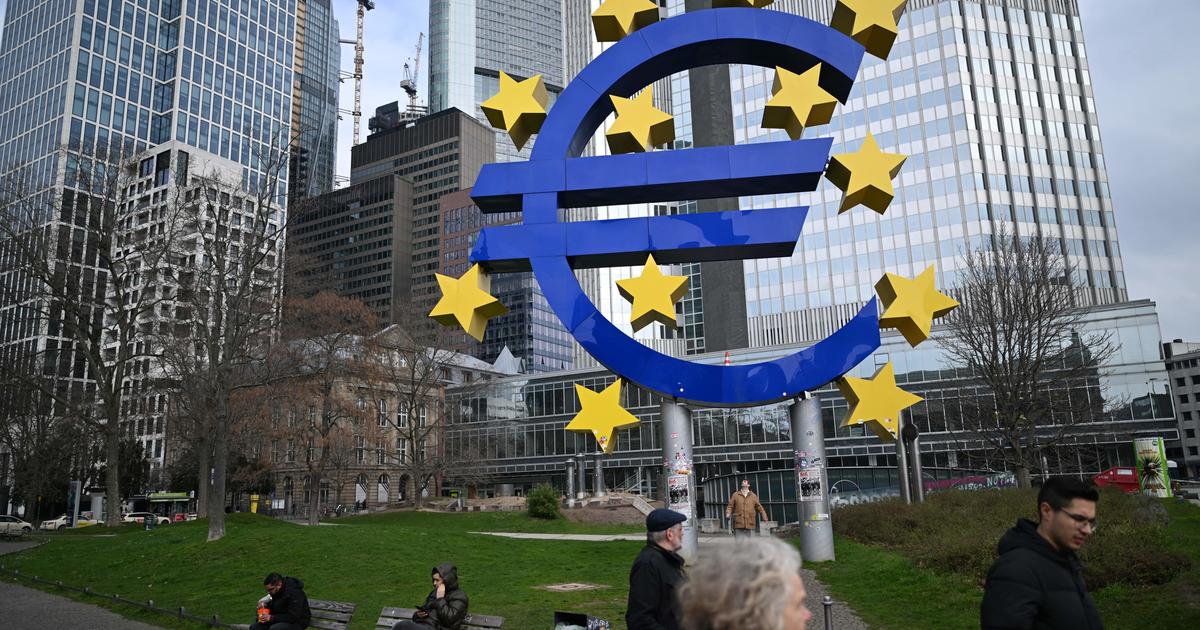High energy prices: Germany is at risk of falling back into recession
Created: 08/09/2022, 13:15
Economic output will weaken next year - the Kiel Institute for the World Economy assumes this.
In addition, she sees bad times ahead for the global economy.
© Marcus Brandt/dpa
The high energy prices are becoming a growing problem for the German economy.
In the coming year, economic output could even shrink, warn the researchers from the IfW in Kiel.
Kiel - According to the autumn forecast of the Kiel Institute for the World Economy (IfW), the high energy prices will push Germany into recession.
In the coming year, gross domestic product (GDP) is expected to fall by 0.7 percent, the IfW Kiel announced on Thursday.
The institute thus lowered its previous forecast by 4 percentage points.
In the current year there should still be an increase of 1.4 percent, 0.7 percentage points less than expected in the summer forecast.
For 2024, the IfW Kiel expects GDP growth of 1.7 percent again.
With the high import prices for energy, an economic avalanche is rolling towards Germany, predicted the Vice President and Economics Director of the IfW Kiel, Stefan Kooths.
"Especially energy-intensive production and consumer-related economic sectors will be hit hard."
Institute expects inflation of 8.7 percent
According to the forecast, the German energy import bill is expected to increase by 123 billion euros this year and by a further 136 billion euros next year.
There is not enough money domestically for consumption and this reduces the profitability of energy-intensive companies.
The head of the Institute for Macroeconomics and Business Cycle Research (IMK), which is close to the trade union, had previously come to a similar conclusion, Prof. Sebastian Dullien.
In view of this environment, Germany's economic power will decrease and next year will be 130 billion euros lower than previously expected by the IfW Kiel, write the Kiel researchers.
The purchasing power of private households is likely to fall by 4.1 percent in the coming year, more than ever before in reunified Germany.
For inflation, the IfW Kiel expects 8.7 percent next year, after 8 percent in the current year.
According to the forecast, GDP in the euro area will increase by 2.8 percent this year and almost stagnate in 2023.
For 2024, the institute expects growth of 1.6 percent.
The prospects for the global economy have also clouded over.
The global economy is expected to grow 2.9 percent this year and 2.2 percent next year.
Another reason is that China's economy is weakening due to the strict zero-Covid policy and problems in the real estate sector.
(dpa/lf)








